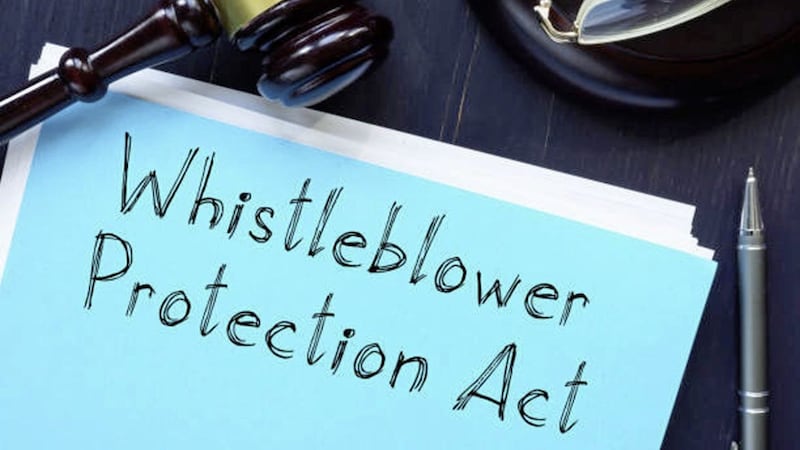A 'Whistleblowing Manager' job paying up to £52k has been created at the north's largest health trust amid concerns staff are "terrified to speak out" about frontline failings.
The Belfast trust post is in the first of its kind for the organisation, which employs 22,000 people.
It is understood that several trust-related whistleblowing cases are due to come before the courts but a spokesman was unable to comment on this, or disclose how many complaints it is currently dealing with.
Applications for the job closed last Thursday, with the trust last night confirming it is "the first post dedicated to whistleblowing" it has advertised.
It is a senior 'band 8a' managerial position which offers a salary between £45k and £52k.
The successful candidate will work under the chief executive's directorate and "manage a specialist and complex caseload" that will include overseeing investigations and the trust's risk register as well as being the "key responsible person for the whistleblowing IT system".
"The post holder will be responsible for the ongoing development of a positive culture promoting openness and nurturing the confidence of individuals to raise concerns," the job description states.
They will also take action to "reduce barriers" for any groups of staff raising concerns and ensure that information which "indicates a potential risk to patient safety" is acted on "immediately" and "escalated".
A trust source last night said the job should not become a "paper exercise", during a period of unprecedented pressures when frontline workers are anxious about the repercussions of raising the alarm.
"What is the point of having a whistleblower post if nurses and other employees are terrified to speak out?" he said.
"I hope they can make change but my fear is the job could become a dressing up of a complaints manager. They should be reporting directly to the trust board independent of the trust executive directors."
The development comes almost a decade after former Health Minister Edwin Poots tried to strengthen whistleblowing legislation, saying staff had a "moral duty" to raise the alarm.
However, the DUP minister also backed a decision by the Health and Social Care Board months earlier to order a Cabinet Office whistleblower inquiry into leaking of confidential documents to The Irish News about abuse at the Lissue children's psychiatric hospital.
The five-month Westminster inquiry in 2011 cost the taxpayer £33,000 and did not reveal the sources of the information.
More than 80 health service staff or "suspects" either received questionnaires or were interviewed by Whitehall officials about their access to documents.
A series of high-profile leaks to the media continued, including material relating to the Muckamore Abbey Hospital abuse scandal, which is now at the centre of a landmark public inquiry and major police investigation.



